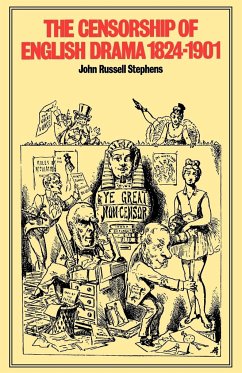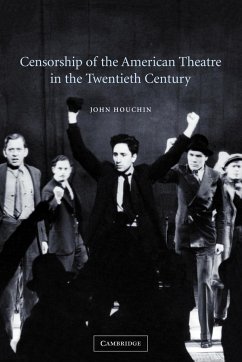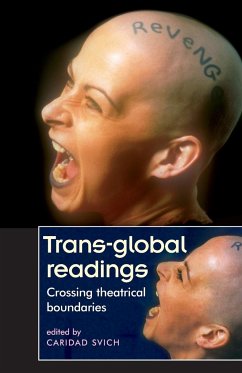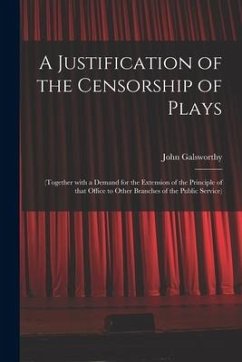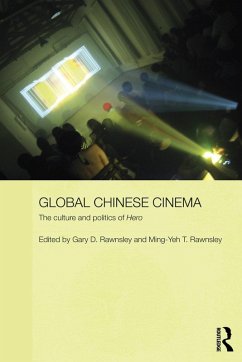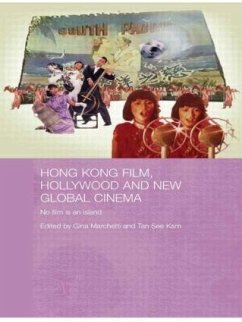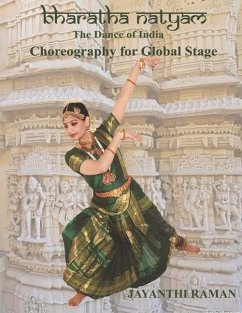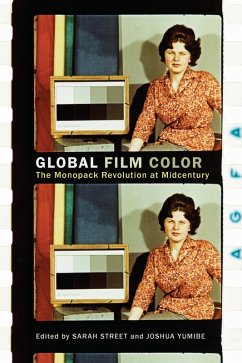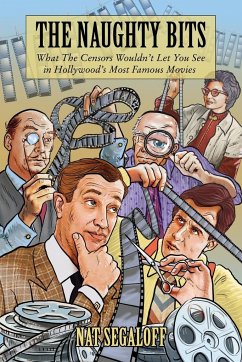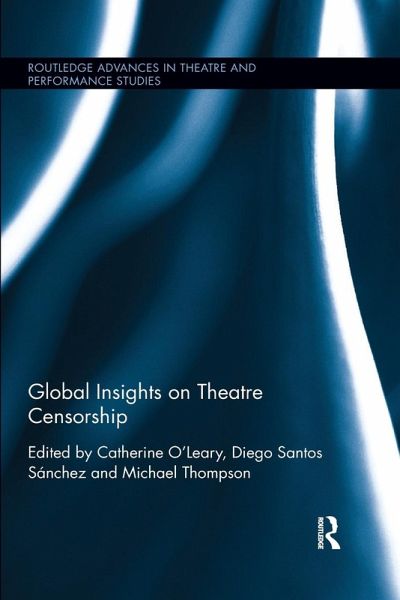
Global Insights on Theatre Censorship

PAYBACK Punkte
27 °P sammeln!
Theatre has always been subject to a wide range of social, political, moral, and doctrinal controls, with authorities and social groups imposing constraints on scripts, venues, staging, acting, and reception. Focusing on a range of countries and political regimes, this book examines the many forms that theatre censorship has taken in the 20th century and continues to take in the 21st, arguing that it remains a live issue in the contemporary world. The book re-examines assumptions about prohibition and state control, and offers a more complex reading of theatre censorship as a continuum ranging...
Theatre has always been subject to a wide range of social, political, moral, and doctrinal controls, with authorities and social groups imposing constraints on scripts, venues, staging, acting, and reception. Focusing on a range of countries and political regimes, this book examines the many forms that theatre censorship has taken in the 20th century and continues to take in the 21st, arguing that it remains a live issue in the contemporary world. The book re-examines assumptions about prohibition and state control, and offers a more complex reading of theatre censorship as a continuum ranging from the unconscious self-censorship built into social structures and discursive practices, through bureaucratic regulation or unofficial influence, up to detention and physical violence. An international team of contributors offers an illuminating set of case studies informed by both new archival research and the first-hand experience of playwrights and directors, covering theatre censorship in areas such as Spain, Portugal, Brazil, Poland, East Germany, Nepal, Zimbabwe, the USA, Ireland, and Britain. Focusing on right-wing dictatorships, post-colonial regimes, communist systems and Western democracies, the essays analyze methods and discourses of censorship, identify the multiple agents involved, examine the responses of theatremakers, and show how each example reveals important features of its political and cultural contexts. Expanding understanding of the nature and effects of censorship, this volume affirms the power of theatre to challenge authorized discourses and makes a timely contribution to debates about freedom of expression through performance.





